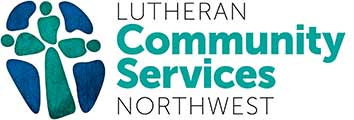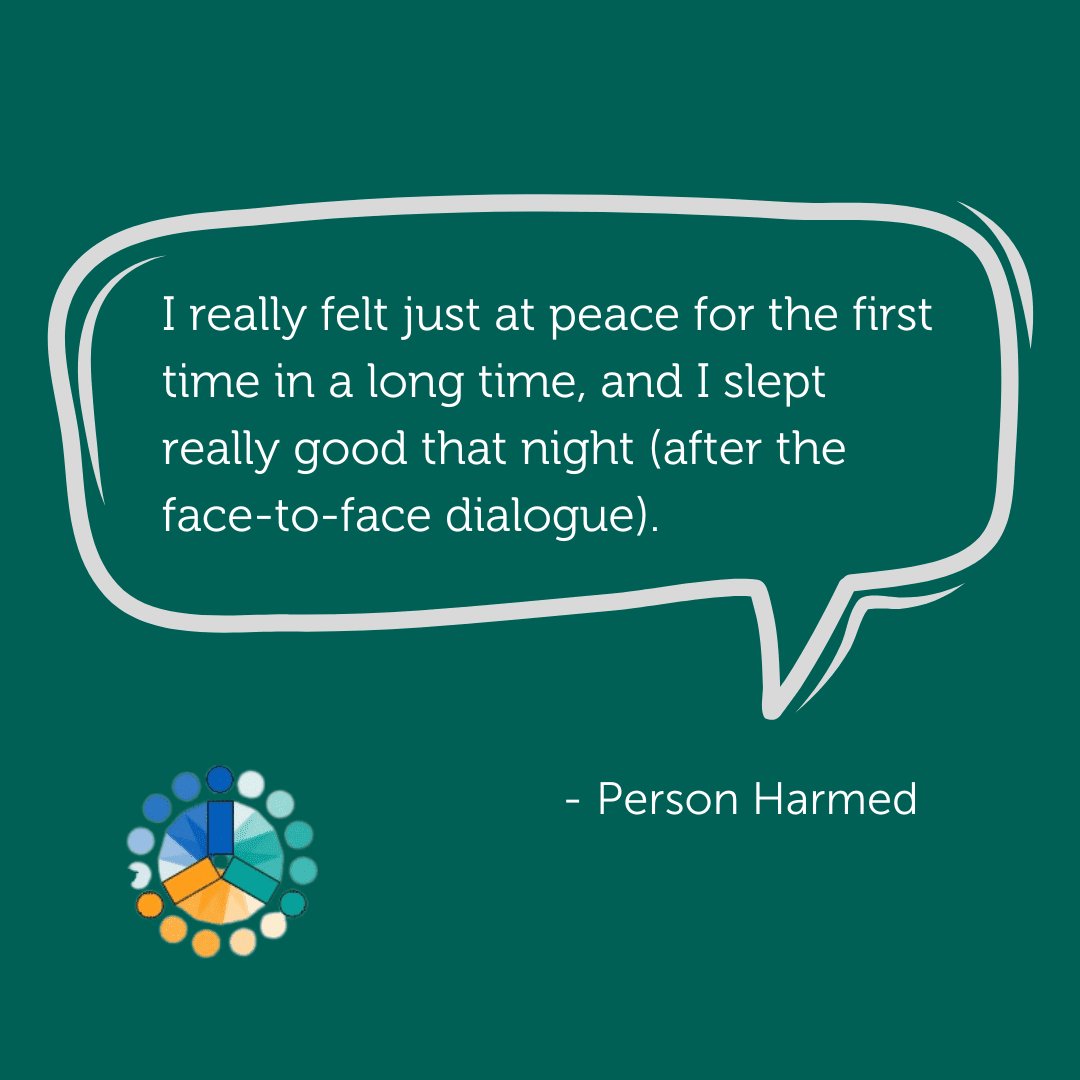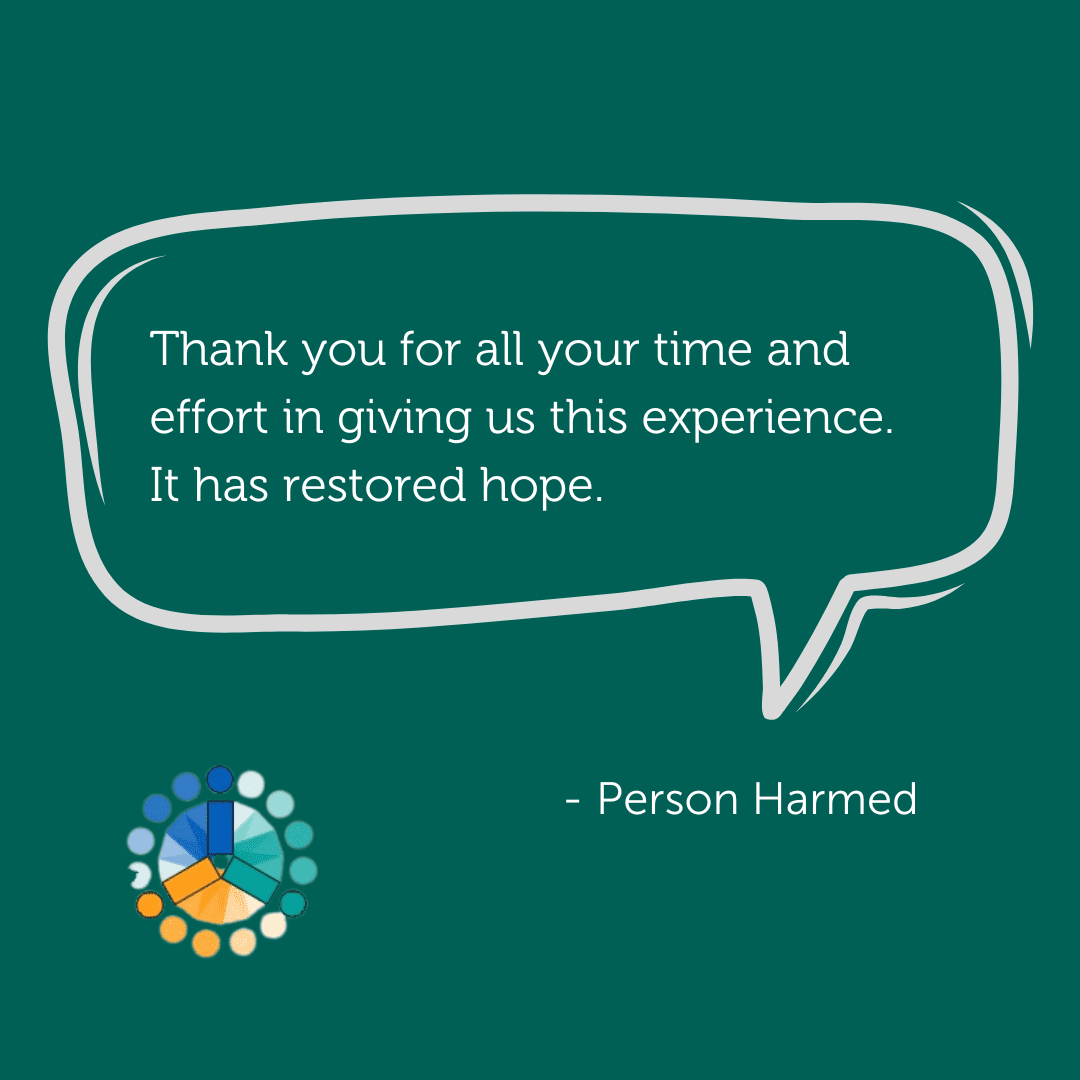Portland Community Justice Partnership
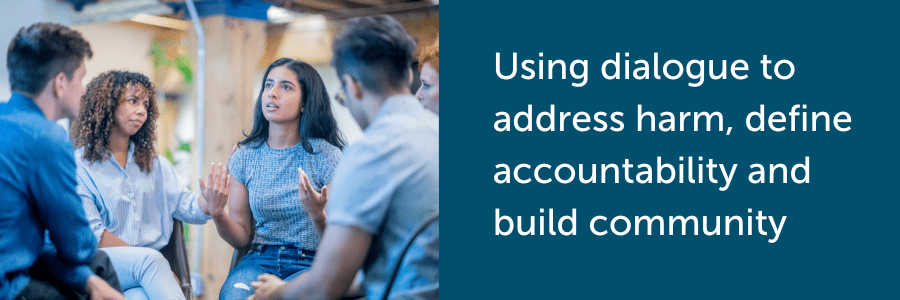
| About Us | Restorative Justice | How It Works | Become a Restorative Justice Volunteer! | Contact Us | Resources |
About Us
Portland Community Justice Partnership (PCJP) gives people who have been impacted by a crime a safe space to heal from the harm and a voice in determining the best solution for redress. Our victim-centered approach to restorative justice encourages growth and healing so individuals involved can move forward with their lives. 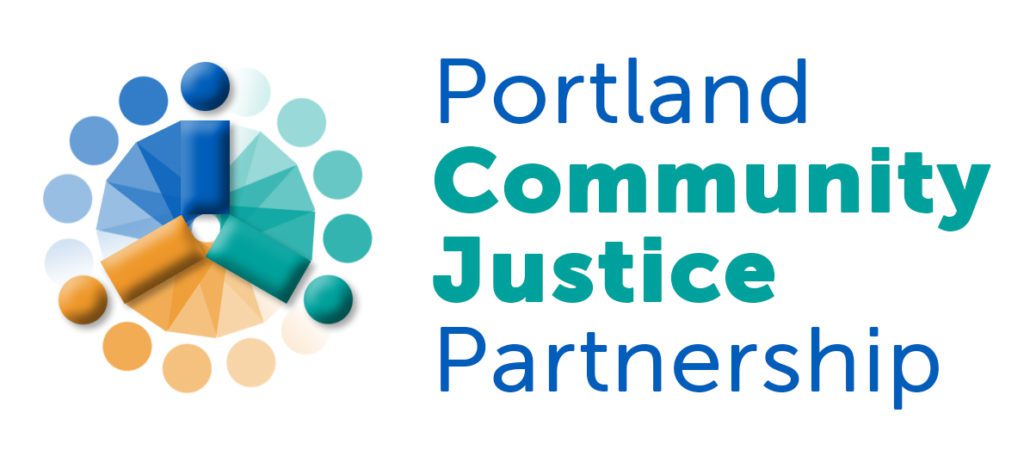
PCJP is a program of Lutheran Community Services Northwest. Our team works closely with the organization’s crime victim advocates to ensure that persons harmed have access to victim support services throughout the process. Victims do not have to participate in this project in order to access the agency’s crime victim services.
Our Portland Community Justice Partnership offers a process for addressing harm through restorative justice practices. Portland Police Bureau is a partner with PCJP, which is a program of Lutheran Community Services Northwest. Check out the video to learn more about this partnership.
Restorative Justice
Restorative justice is an alternative approach to the court-based system. Rather than pursuing punishment, restorative justice seeks to repair the harm through the use of practices that focus on the 5 R’s of restorative justice: Relationship, Respect, Responsibility, Repair, and Reintegration. This is a fundamental shift in in the way we think about and address crime. We do this by asking a different set of guiding questions.
Three Guiding Questions
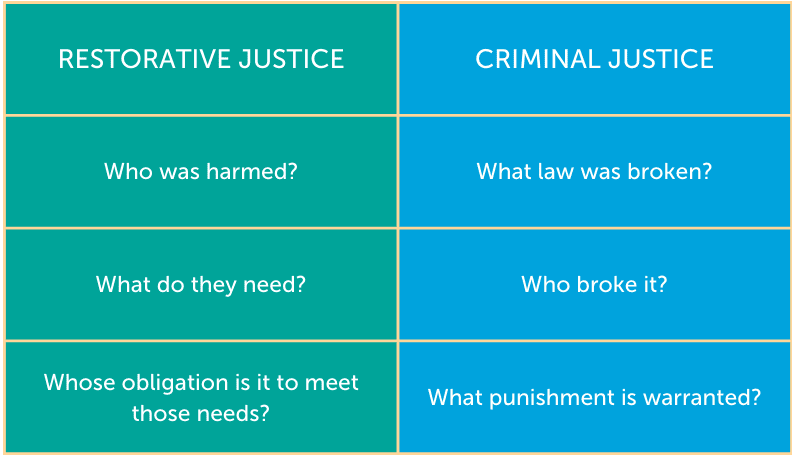
How it Works
Program referrals are initiated by the Portland Police Bureau. We accept most types of crimes and will not disqualify participants based on history. We will accept cases involving felonies or misdemeanors, as well as case types that carry a presumptive prison sentence.
When a referral is received, our team will reach out to the parties to confirm their willingness to participate in the restorative justice process. Participation by all participants is voluntary.
Restorative justice is a facilitated process that will attempt to answer three primary questions:
- What happened?
- Who was impacted and/or harmed?
- How does the harm get repaired and whose obligation is it to repair the harm?
Staff and volunteer facilitators work with all parties independently to prepare them for a face-to-face meeting. Each case is unique. If the harmed party doesn’t want to engage in a dialogue, the facilitator will explore other ways they can participate. We will work with them to explore ways to address the harm and seek resolution without contact.
Transformative Justice & Healing
Transformative Justice & Healing are foundational principles for us. Learn about the Restorative Justice for Youth program and our full menu of Crime Victim Services.
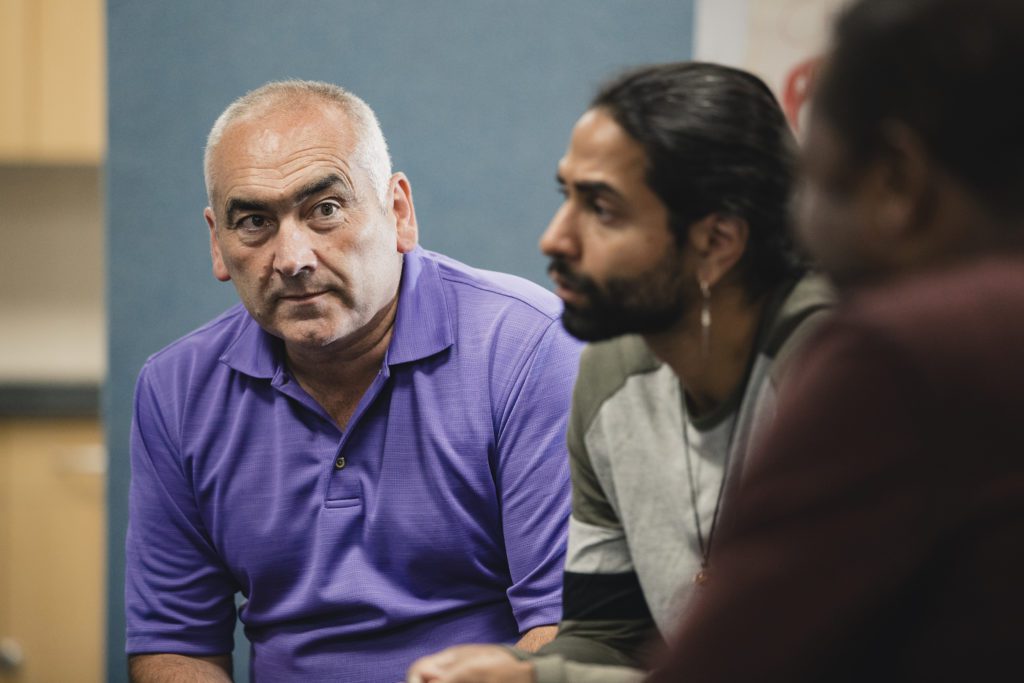
Contact Portland Community Justice Partnership:
